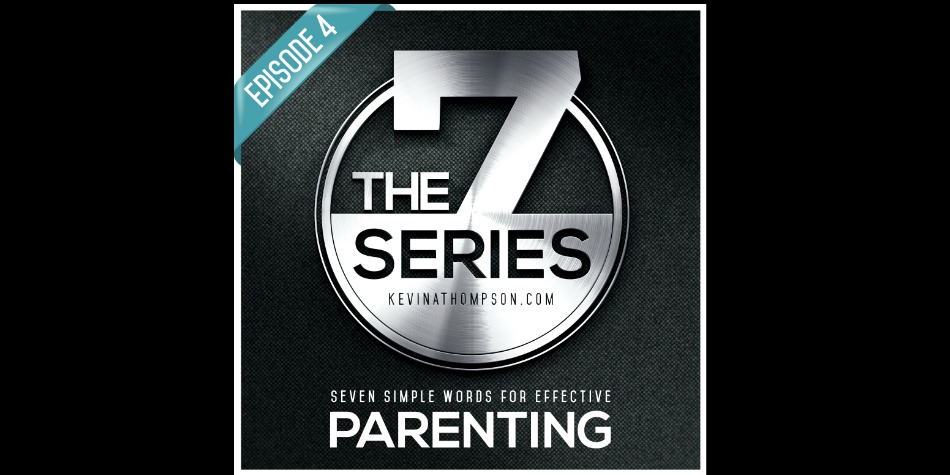This is episode four of the The 7 Series: Parenting. In this episode we continue our discussion on the “what” of parenting. What does a parent do to exercise their authority and love?
Show Notes:
As obvious as the relationship between choices and consequences, we often forget this relationship.
It is generally true that good choices lead to good consequences and bad choices lead to bad consequences. It is a proverbial truth for both parents and children.
We want our kids to know that they are in control of much more of their lives than they realize. This can only happen as we allow them to experience the full weight of the consequences of their choices.
Parents should always feel the tension between “should I let my children experience the consequences of their decisions or should I rescue my children from them.”
As quickly as possible, we should try to let our kids experience as many consequences of their decisions as we can.
For as long as we protect our children from the natural consequences of their decisions, we are preventing our children from taking control of their lives.
When we take consequences away from our children, we are training our children to learn that either their choices don’t matter or their decisions are not very destructive.
Sometimes we should rescue our children from life, but we want to use this ability as little as possible.
Whenever we let our children experience the consequences of their decisions, we don’t leave them alone, we walk beside them in their suffering.
As parents, especially of younger children, we both inflict the consequences upon them (authority) and we walk beside them (love) through those consequences.
We can experience bad consequences because of: our own bad choices, the bad choices of others, or as an aspect of living in a fallen world. It is vital to identify the source of the bad consequence in order to help us understand how to navigate the issue.
For more on the cheerleader illustration, see: Cheerleader Tryouts–when dreams don’t come true.
Consequences are the primary tool for a parent regarding discipline. We wrongly assume our words are the most powerful tool, but we are wrong.
Reminding our children of how their choices led to bad consequences empowers them to understand the control they have over their lives.
Know the difference between punishment and discipline. Punishment is always about the past. We inflict pain because of a bad past decision. Discipline is always about the future. It’s allowing a child to experience negative consequences so they can make better choices in the future.
Punishment is about outward behavior; discipline is about the heart. We should care more about the heart than behavior.
Spouses should quickly remind one another to focus on the heart of the child, not on the punishment.
It’s okay to let our children see the tension we feel in trying to discipline them properly.
For more, see:
My Four Favorite Parental Statements




5 Responses to A Parent’s Most Effective Tool in Discipline